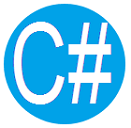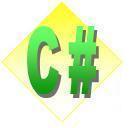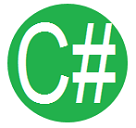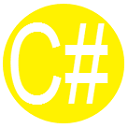
While creating this technical blog website, I decided to implement the functionality that allows readers to give feedback. This is a common function. What is not common is finding examples of how to create a feedback form. As well, a feedback form that can be resued inside of each blog using a web control. So […]
Read More →


